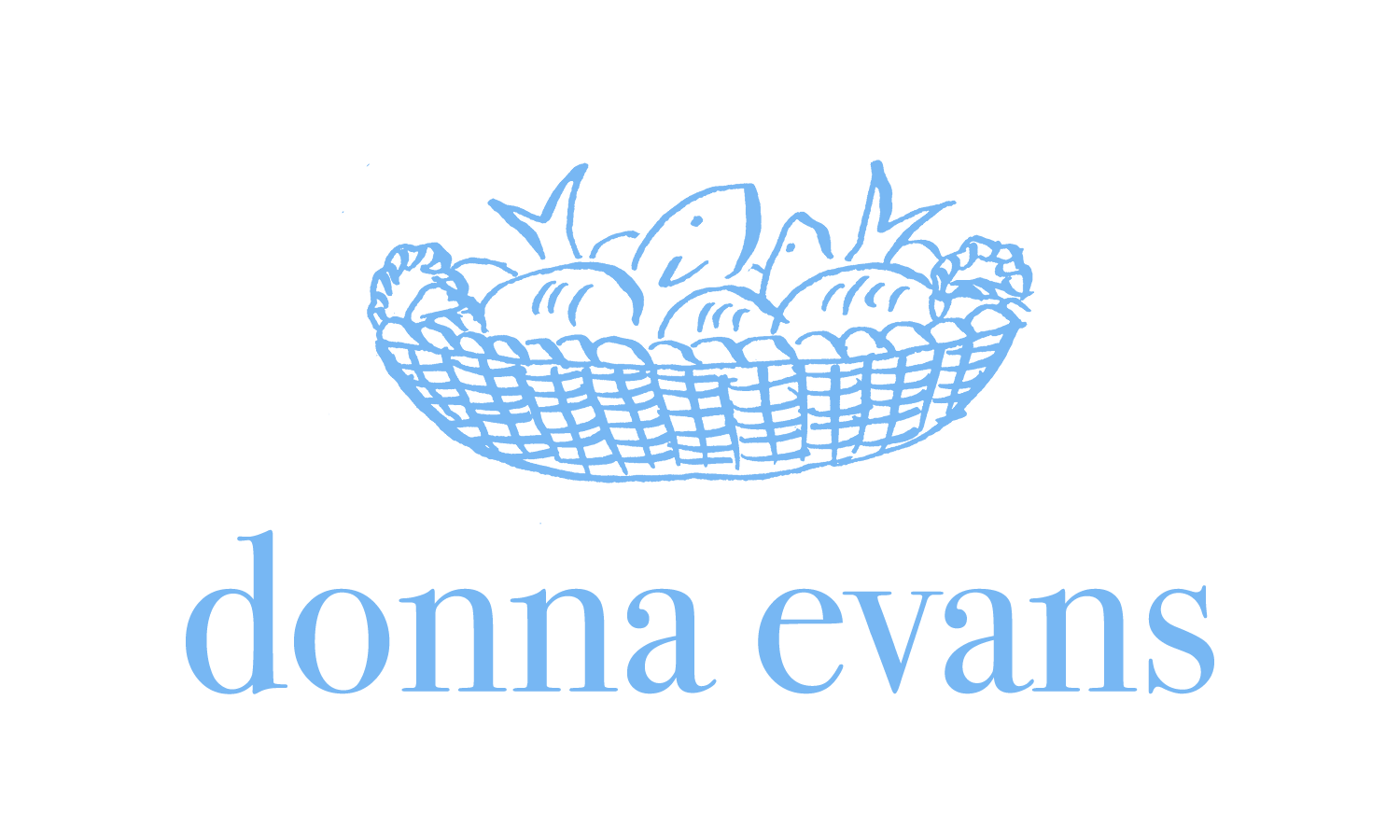Rooted and Fruited
"This is to my Father's glory, that you bear much fruit." John 15:8a (NIV)
My hydrangeas are in full bloom, well at least the ones that actually have flowers on them. Sadly, a number of our hydrangea bushes aren't bearing blooms this year. Bruce thinks it's due to the three days of hard freeze that occurred in late February. My hydrangea loss, however, doesn't begin to compare with the 100-acre crop loss suffered by Todd's Peaches in Clanton. We stopped at the little market on our way back from the beach the other day. We were hoping to get some early peaches and were disappointed when the manager told us that their entire crop of first fruit peaches was lost due to February's hard freeze. The delicate peach buds just couldn't take the extreme cold and the peach trees are barren as a result.
Bruce gave me six hydrangeas on a Mother's Day about twenty years ago. At that time, those six plants were an extravagant, generous gift. We had one child in college and another one graduating from high school. Our money was really tight and so I only asked for one plant as a Mother's Day gift. Hydrangeas, especially blue ones, are my favorite flower. Through the years, we've accumulated some different varieties: Oak-Leaf, Endless Summer, Limelight and Nikko to name a few, We've also branched out with pink, white, and purple colors. Bruce eventually learned how to root new plants from existing ones and he just kept planting. And every spring, especially around Mother's Day, I look forward to the first of our hydrangea blooms. These lovelies are reminders of God's faithfulness and my husband's love, hard work, patience, and diligence. The hydrangeas are truly a gift that keeps on giving, not just blooms, but joy.
Throughout our twenty-year journey with hydrangeas, we've learned a lot of lessons, some of which are not horticultural. The spiritual lessons I have learned are far more valuable than growing flowers. Here are just a few:
A plant must be rooted to be fruited. (Luke 8:15)
We may plant and water our hydrangeas, but God makes them grow. (1 Corinthians 3:6)
Growth is expected. When it occurs, all of the credit goes to God, not the gardener. (! Corinthians 3:7)
First blooms, like firstfruits, bring much joy to the gardener and glory to God.
Barren bushes are unexpected and bring the gardener grief. A plant that fails to produce what it was designed for just takes up soil and is worthless. (Luke 13:6-9, John 15:2)
Once cut from the vine, the branch no longer bears fruit. (John 15:4)
The bushes that bring the most joy to the gardener are those that produce the most blooms. (John 15:8)
More blooms bring more glory to both the gardener and to God. (John 15:8)
God expects fruitfulness from all those who are rooted in His Son Jesus. (John 15:2) My hydrangeas will only live a few days. The spiritual fruit produced as we abide in Christ, walk in His Spirit, and live lives of love is fruit that will last. (John 15:16) The fruit of the Spirit is love, joy, peace, patience, kindness, goodness, faithfulness, gentleness, and self -control. (Galatians 5:22-23)
So what kind of fruit is your life producing? Do you have blooms of love, joy, peace, and patience? How about goodness and faithfulness? Maybe you, like me, need more kindness, gentleness and self-control. Ask God- or maybe your spouse and children- what kind of garden you are producing. And then let's ask God for His help in producing a harvest of righteousness and peace. (Hebrews 12:11)
"This is to my Father's glory that you bear much fruit, showing yourselves to be my disciples." John 15:8
Much fruit for God's glory!

